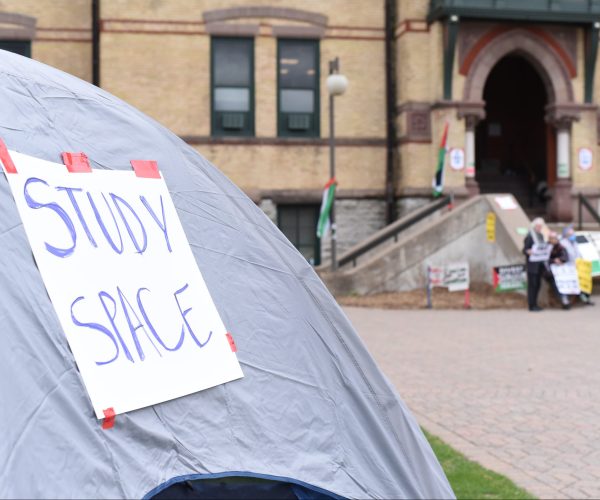Hamline’s Early Start
For the past three years, Hamline has begun their classes a full week before Labor Day while several other institutions have begun after Labor Day.
October 4, 2022
For many students, the end of summer means getting ready for school, attending the State Fair and having fun with family and friends. But for Hamline students, the last days of August are spent in a classroom. For the past three years, there have been three to five days of Hamline undergraduate classes before Labor Day.
The early start date is not without reason. Jim Scheibel, a professor of practice in public administration and a member of the faculty council, brought attention to some of the reasons why Hamline begins early and why this has only happened recently.
“I know one of the factors was COVID. And the thought, two years ago anyway, was that if we start earlier, we may miss some of the flu season,” Scheibel said.
Scheibel explained that the early start may not affect faculty as significantly as it does students, as they can change their syllabi to fit with the schedule they are given. That being said, every faculty and staff member is different, with various commuting times, some of which may be affected by State Fair traffic and other circumstances.
While there are good reasons why classes at Hamline begin so early, they leave some commuter students feeling unseen and unheard.
A survey was conducted on five commuter students in the 2026 class, asking them a brief set of questions about commuting to Hamline prior to Labor Day.
The responses showed that 80% of participants said that their commute time was typically under 45 minutes on any given day, but was at minimum 45 minutes during the first week of classes. 40% of participants expressed that they would like to or would be open to starting after Labor Day.
Thea DeVos, a senior who also commutes to and from campus, found that the early start time coinciding with the State Fair not only made it difficult to get to class on time, but also caused a strain on her mental health.
“I was a lot more stressed coming into the first week,” DeVos said. “I was really anxious [about the commute] because I didn’t know what to expect.”
One suggestion DeVos had to make this earlier start time more manageable for commuter students was to explain to professors that some of their students may take longer than usual to arrive at class because of traffic, which would give those who have to drive to campus an opportunity to not have to worry about consequences from their professors.
Devos suggested that Hamline could provide commuter students with alternate routes to campus, leading from major highways or cities around the St. Paul to the Hamline Campus. This way, commuters no longer have to stress about how they are getting to campus. Instead they can focus on starting the academic year off strong.





